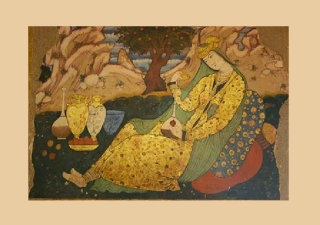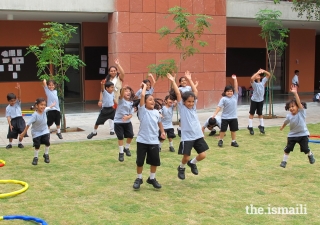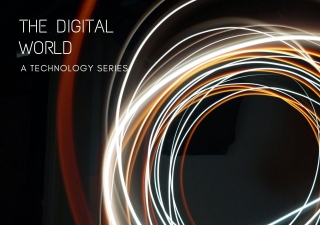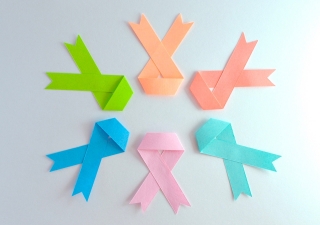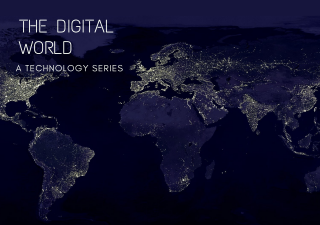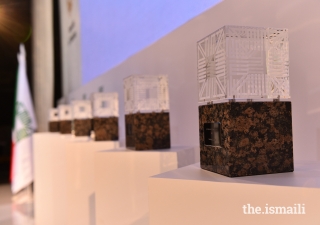Features
On the occasion of International Women’s Day, 8 March 2020, we celebrate the achievements of women — historical and contemporary — who have inspired and continue to inspire people of all faiths, backgrounds, and fields of endeavour.
Although we now live in an an age of automation, it’s important to remember that machines can’t do everything. Technical efforts must be balanced with social and emotional skills. Part two of our Future Skills article highlights the importance of technical, cognitive, and soft skills in preparing for the future.
The World Economic Forum predicts that millions of jobs will be lost in the coming years as artificial intelligence, robotics, nanotechnology, and other socio-economic factors replace the need for human workers. How can we begin to prepare for a future that will no doubt be more mobile, autonomous, and machine-driven than today?
Often, we think of balance as a scale: having equal weights on either side. In reality, balance may not be what it seems. Instead, it can be thought of as a pendulum. It’s about finding what’s right for you. There isn’t a one size fits all, especially when it comes to wealth.
On the occasion of Children’s Mental Health Week, the Aga Khan Health Board (UK) explores the importance of supporting young people to pay attention to their emotional wellbeing, and shares some advice for children on being healthy, inside and out. We encourage you to read this article with the children in your life.
In part one, we observed five rapidly-developing technologies being regarded as potentially transformative. Here we take a look at four more innovations having a significant impact on the world of today and tomorrow.
Cancer is a global challenge: millions of people around the world are diagnosed with the condition every year. World Cancer Day is celebrated on 4 February, and unites people, communities, and countries to raise awareness, show support, and take action. Through prevention and early detection, the global community can reduce preventable suffering from cancer and non-communicable diseases.
We have seen rapid technological progress in the last decade. Society has made advancements in energy efficiency, image recognition, and natural language processing, among many other fields. These technological advancements suggest substantial changes to come for our society in the months and years ahead.
Have you ever had a gut feeling about something? What if it isn’t simply an expression, but a statement grounded in scientific fact? This is the story of how your gut and brain have been in constant communication with one another since birth, and how you might want to listen to their conversation.
As I prepare to leave for Kazan to attend the Aga Khan Award for Architecture, I feel somewhat stunned by the immense privilege of being part of such a unique event set to take place in such a magnificent city...
Mental health is similar to physical health — everybody has it and should take care of it. When we reflect about our health in general, it is important to include the health of our minds as well as the health of our bodies in our thinking, plans, and conversations. On the occasion of World Mental Health Day, 10 October, we reflect on the importance of sound mind and a dignified quality of life.
It’s become an oft repeated cliché that we live in times of exponential change, driven by disruptive technologies, shifting global politics, changing human behaviour, and newly emerging social norms. And yet, as we enter the era of the fourth industrial revolution, we may be witnessing the greatest amount of change ever seen in a single human lifetime.

